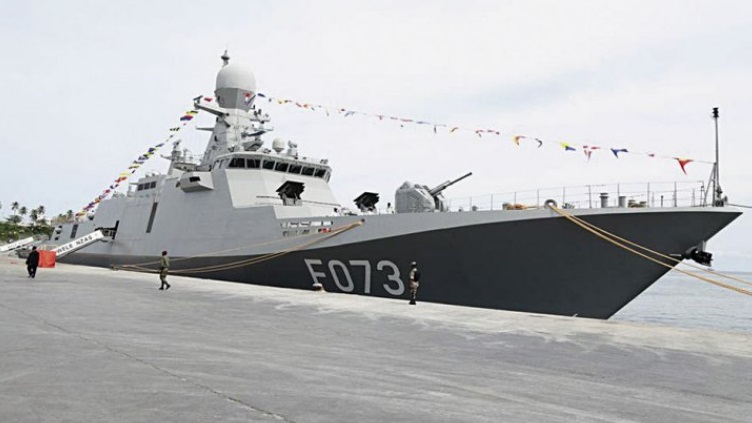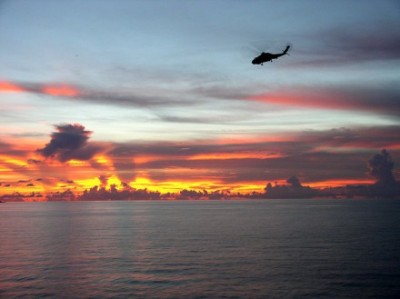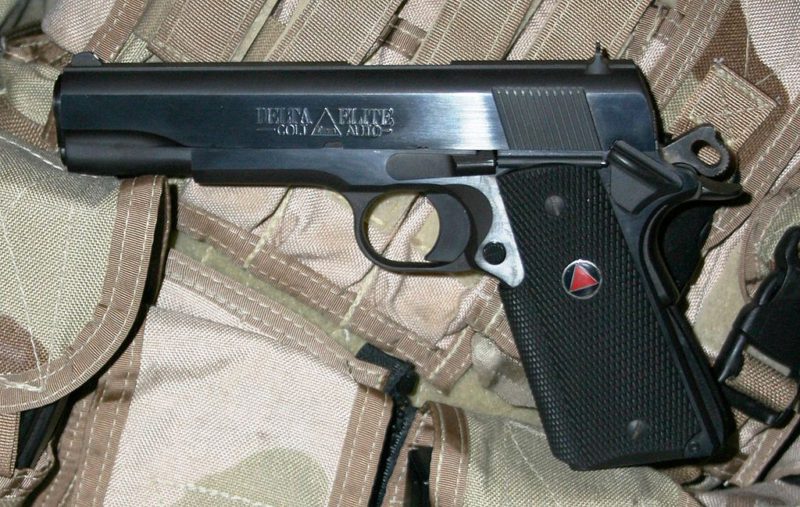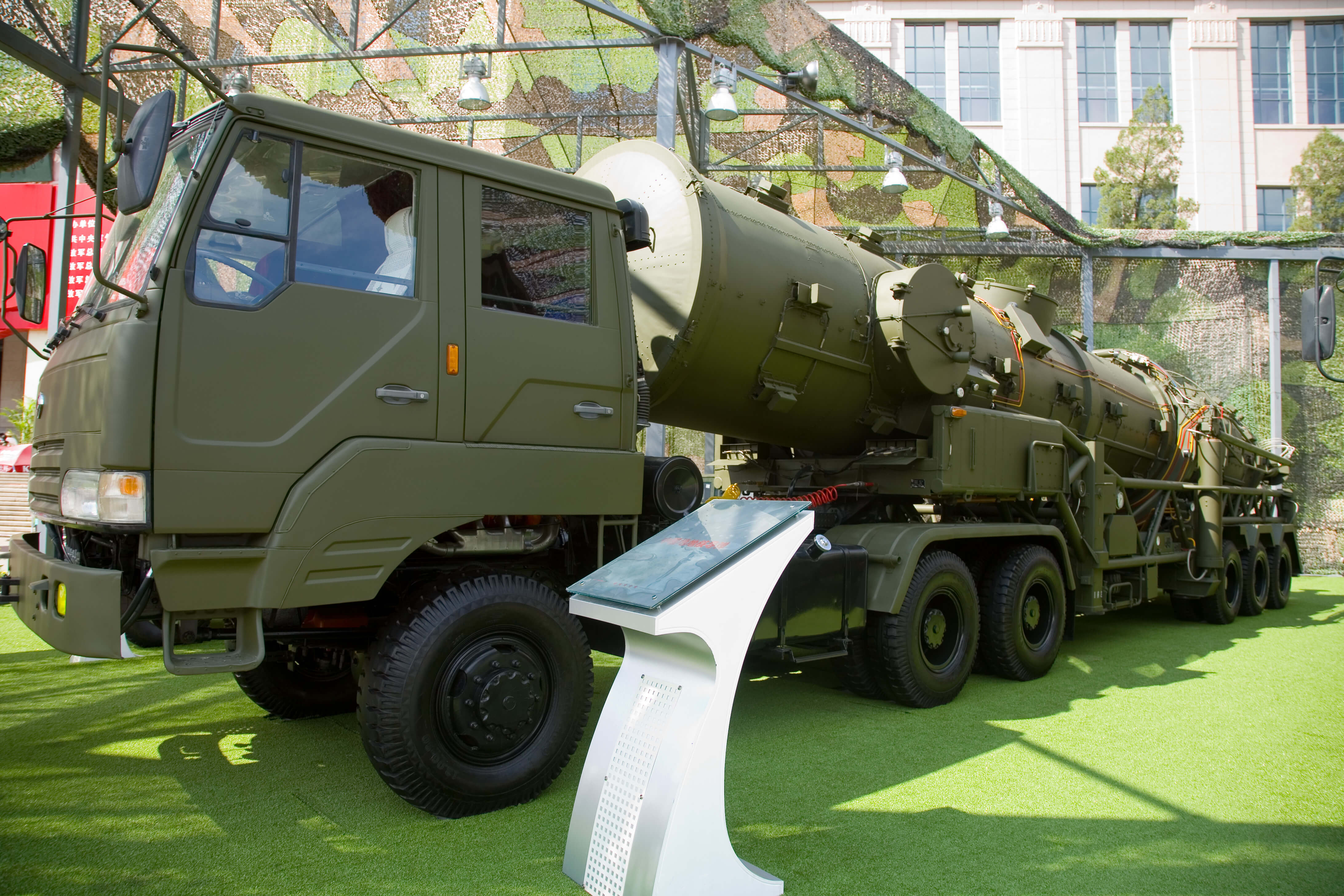
As international shipping companies are warned about the increasing threat of piracy in the Gulf of Guinea and along West Africa’s coasts, the small country of Equatorial Guinea is hurriedly building up its maritime capabilities. The acquisition of new ships is a testament to how dependent Equatorial Guinea’s economy is on energy exports: the country has proved oil reserves of 1.1 billion barrels and has emerged as an important supplier of both crude oil and liquefied natural gas to Spain and Italy. However, oil tankers making the perilous journey from the Equatoguinean capital of Malabo to European ports are under threats of piracy. Thus, the development of this struggling West African country is imperiled.

The commissioning of a new frigate may go some way toward addressing that threat. On June 3, President Teodoro Obiang Mbasogo unveiled the vessel as the “flagship” of the Equatorial Guinean Navy, which has to date, consisted of a small array of off-shore patrol vessels. This ship has an interesting provenance. It was originally built in Bulgaria in 2012 as a search-and-rescue vessel, and then modified for a combat role in Equatorial Guinea based on designs commissioned from a Ukrainian firm. Dubbed the Wele Nzas, this jury-rigged frigate has a displacement of 2,500 tonnes and seems to be a rough approximation of the Russian Navy’s Gepard-class frigate. Hardly state-of-the-art, it would nonetheless be a deterrent to pirate skiffs bold enough to operate near Malabo.
But Equatoguinean authorities have stated that the Wele Nzas will only be the first of several significant acquisitions for the country’s maritime forces, indicating that domestic shipyards will again be used to modify vessels built elsewhere. The Bulgarian Navy is a likely source. As that country’s government implements steep defence cuts, plans are in place to decommission four Osa-class missile boats acquired from the Soviet Union in the 1970s. With some modifications, Equatorial Guinea could conceivably repurpose these as patrol boats for the coastline, while Bulgaria would avoid the costs associated with ship-breaking and perhaps recoup some small portion of the money spent on these boats during their years of operation.

Yet Equatorial Guinea may be dreaming even bigger. In mid-2010, Equatoguinean officials were reportedly in talks with the Brazilian government about obtaining a Barroso-class corvette for anti-piracy operations. This corvette, a Brazilian experiment in military shipbuilding, is close in size to the Wele Nzas but sports considerably more advanced weapons and other equipment. As such, a Barroso-class corvette may be on its way to join the Wele Nzas in Equatorial Guinea’s fleet. Alternatively, the rush to modify and complete the Wele Nzas may have been due to a failure on the part of the Brazilian shipbuilder to meet deadlines and complete the corvette to Equatorial Guinea’s satisfaction. The production of the original corvette for Brazil’s maritime forces was a protracted process, with construction taking well over six years. Currently, only one Barroso-class corvette is in operation as apparently no other buyers have come forward, deterred by the difficulties experienced in the original project.

Whatever the design of Equatorial Guinea’s future ships, the acquisition of its multinational, jury-rigged frigate will help round out regional efforts against piracy. Previously, much of the burden for securing regional shipping routes fell on Nigeria and Ghana. The southern reaches of the Gulf of Guinea, where Equatorial Guinea is located, were left largely undefended. Amid deepening instability in the nearby island nation of São Tomé and Principe, and with pirates displaced from Nigerian waters, there has been considerable risk that the coasts of southwestern Africa could be the next flashpoint in the global struggle with piracy. If Equatoguinean officials can move quickly enough to expand the country’s fleet, any southward advance by these organized crime groups can be prevented before regional economic development is jeopardized.




